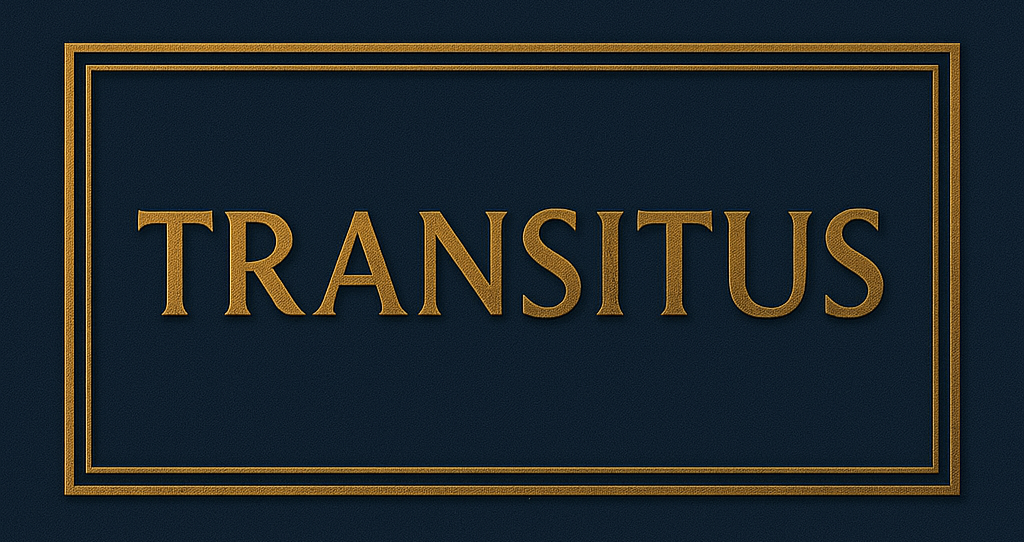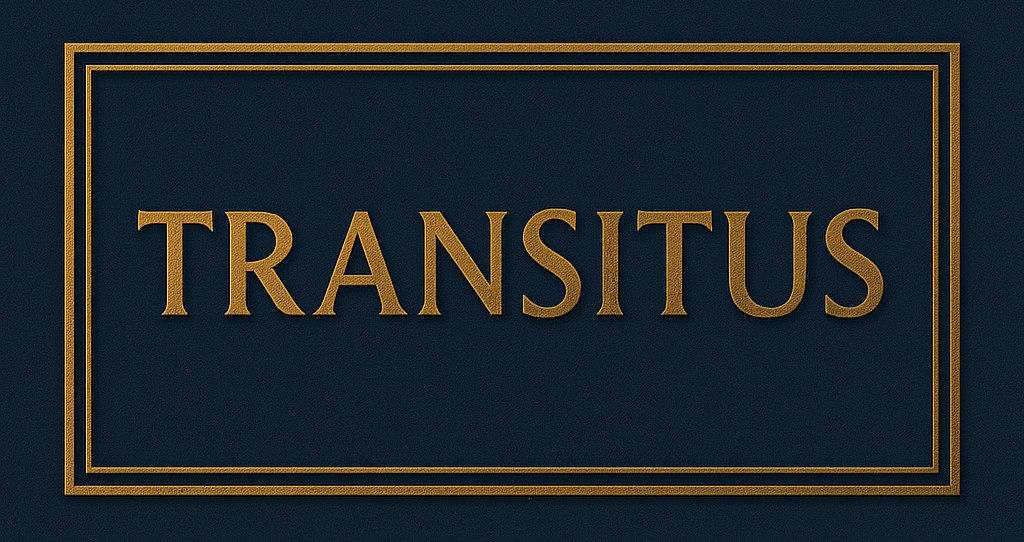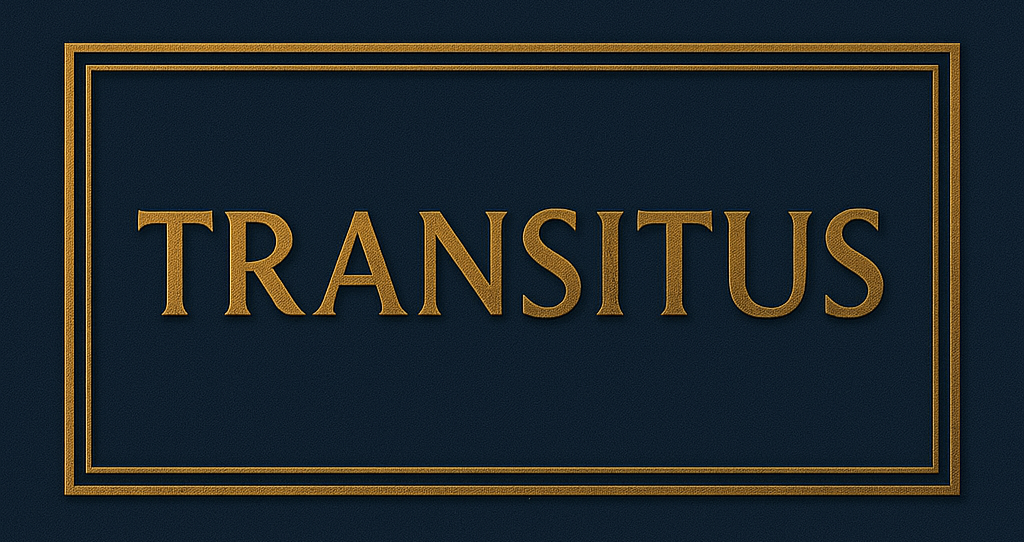(Versio 𝛒.1.1 · LINGUAE: LATINA / ANGLICA)
LAT

LAT
I. De Imperio et Veritate
«Remota iustitia, quid sunt regna nisi magna latrocinia?» — Augustinus
Imperium non ex violentia nascitur, sed ex ordine qui discernit.
Non est instrumentum dominationis, sed ius distinguendi inter iustum et iniustum.
EN
I. On Power and Truth
«Remove justice, and what are kingdoms but great robberies?» — Augustine
Imperium is not born of violence, but of the order that discerns.
It is not a tool of conquest, but the right to distinguish between justice and injustice.

(Versio 𝛒.1.1 · LINGUAE: LATINA / ANGLICA)
LAT

LAT
II. De Sacro et Profanato
«Nullum sacramentum excusat iniustitiam.»
Profanum nascitur, ubi sacrum fingitur ad usum violentiae.
Lingua fallax format tyrannidem — per verba, non per gladios.
EN
II. On the Sacred and the Profaned
«No sacrament justifies injustice.»
The profane begins where the sacred is twisted to justify violence.
Deceptive language constructs tyranny — with words, not swords.

(Versio 𝛒.1.1 · LINGUAE: LATINA / ANGLICA)
LAT

LAT
III. De Bello Semantico
«Qui definit, regit scenam.»
Verba sunt gladii absque sanguine — cum eis aedificatur tyrannis vel liberatio.
Forma distinctionis est radix iuris subiectivi.
EN
III. On the Semantic War
«Who defines, rules the scene.»
Words are bloodless swords — with them, tyranny is built or freedom unfolds.
The formula of distinction is the root of subjective right.

